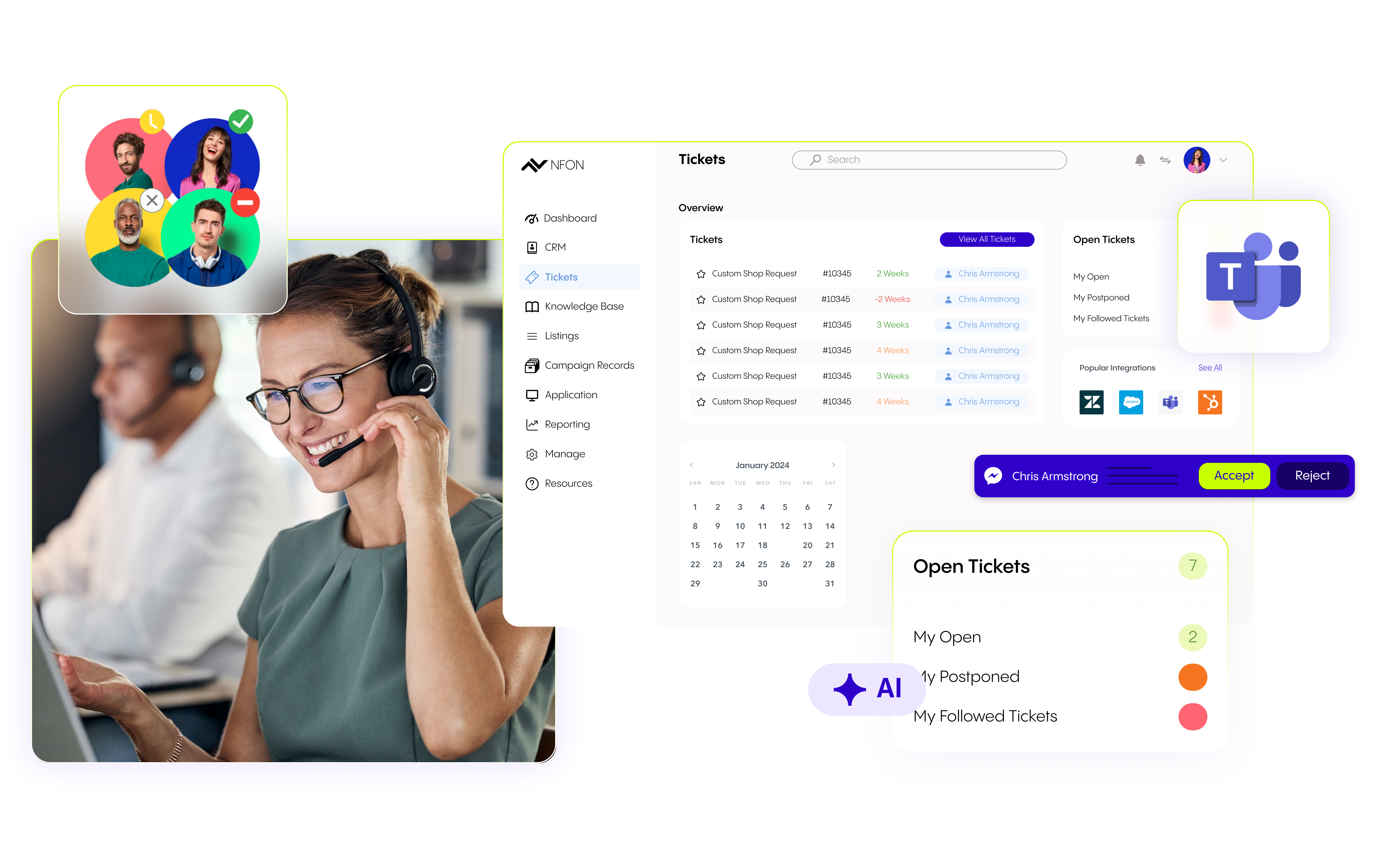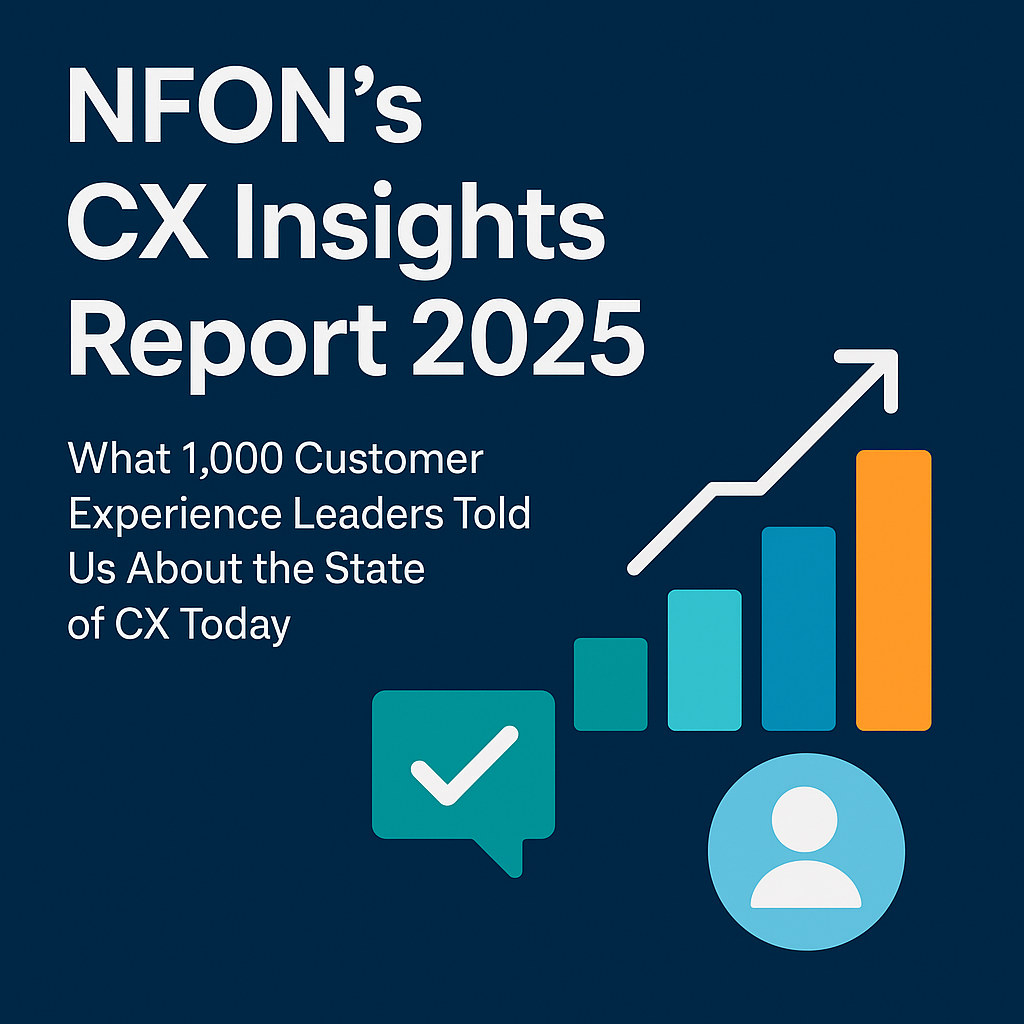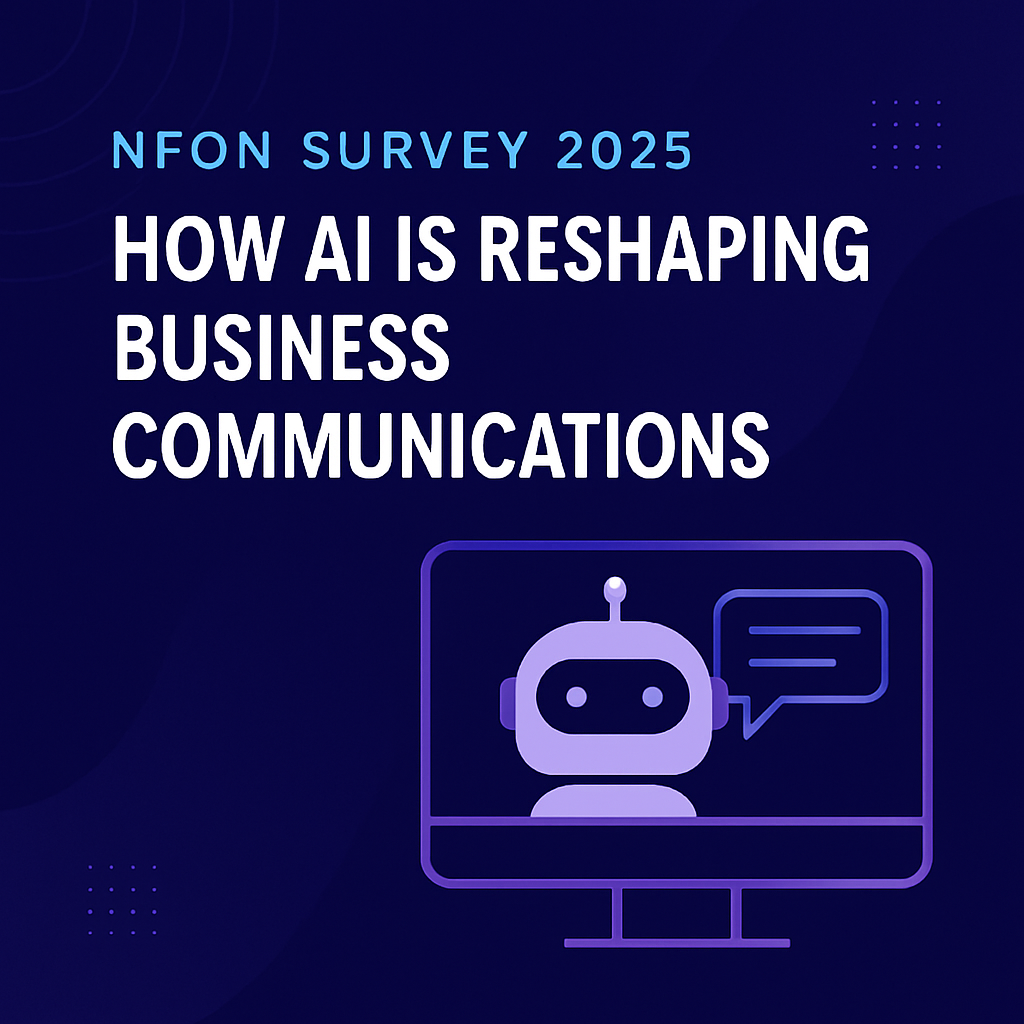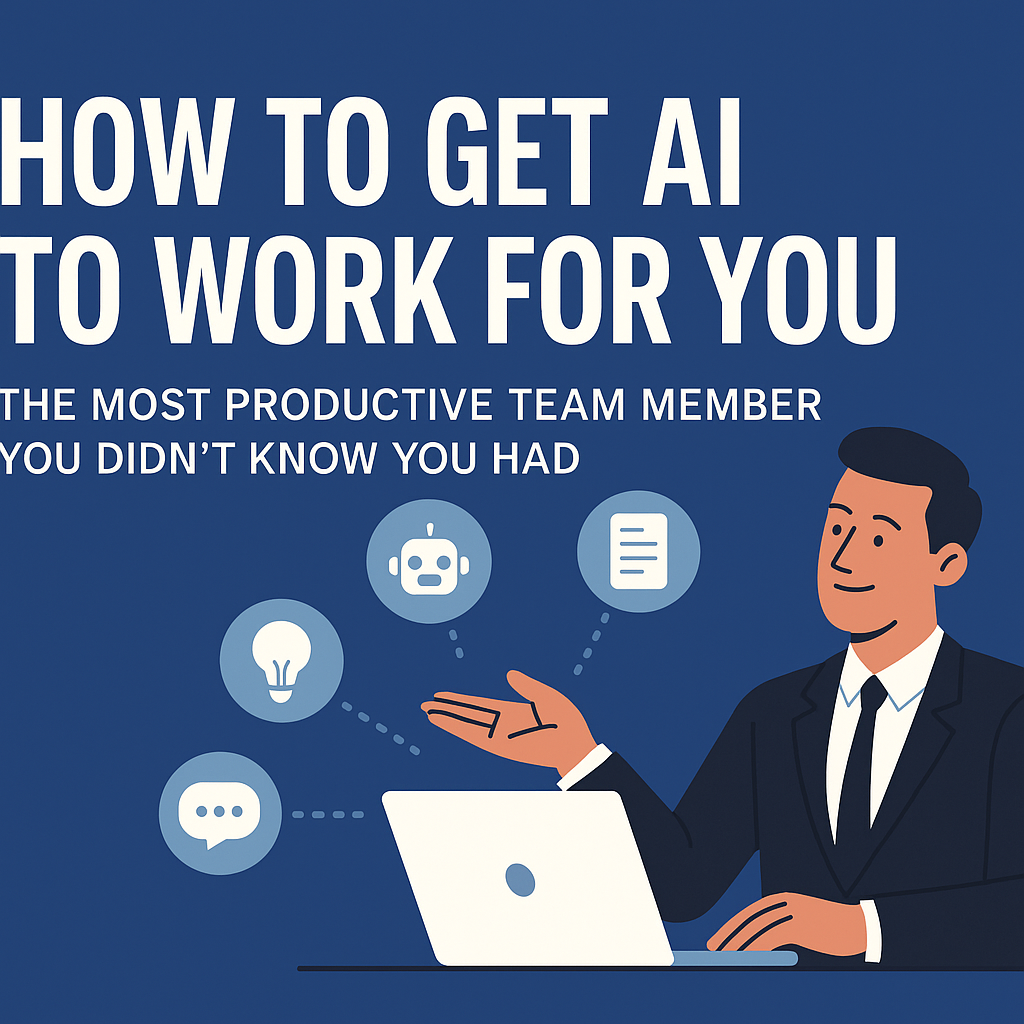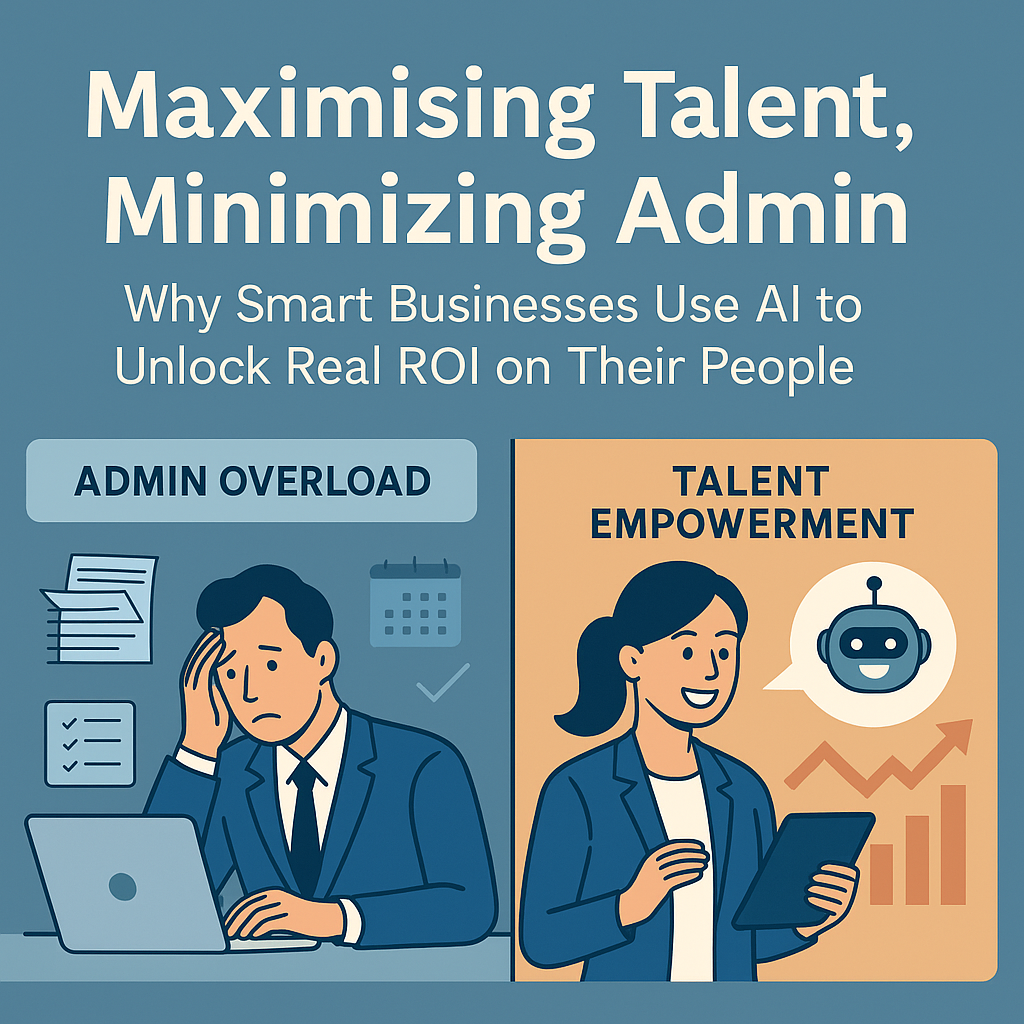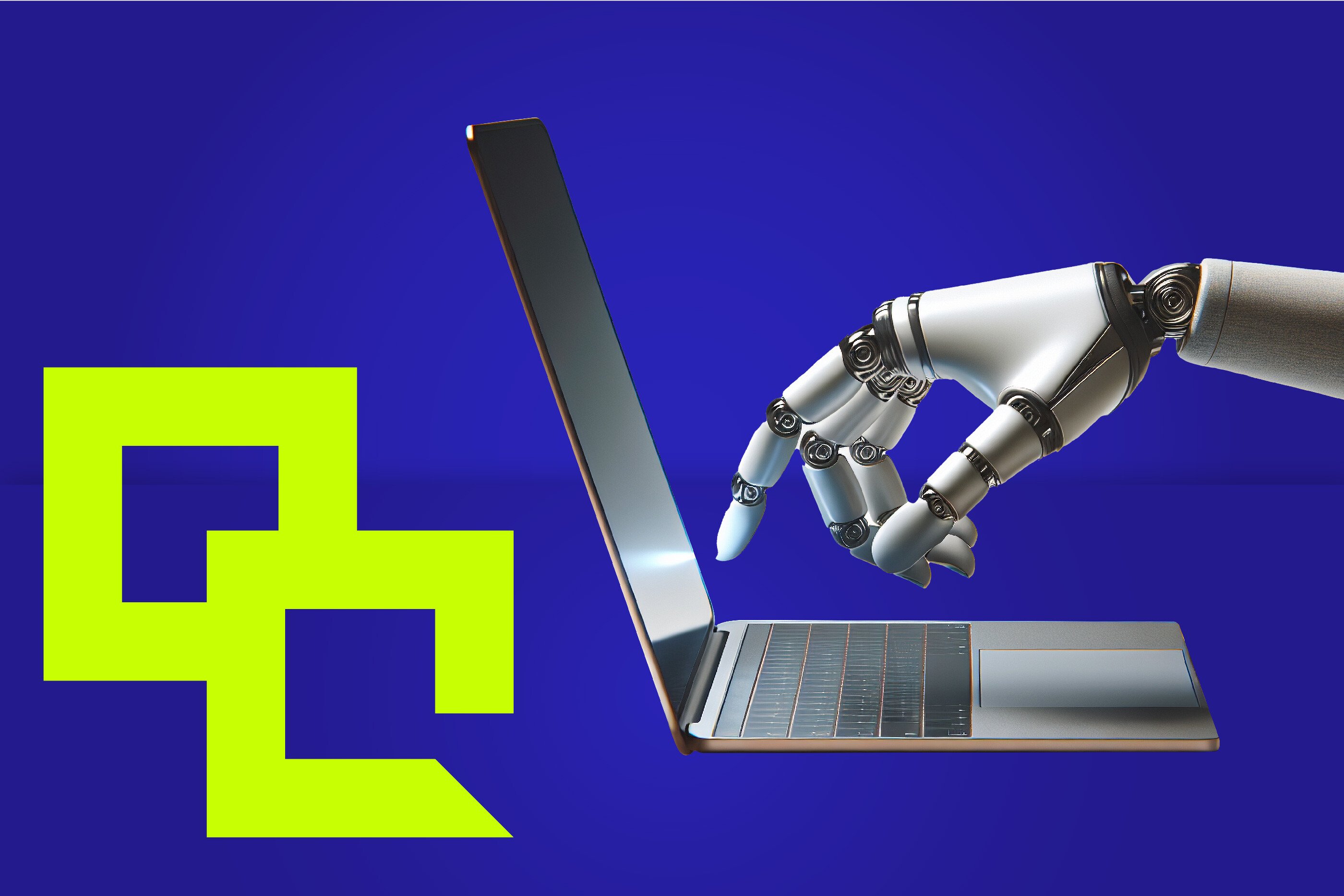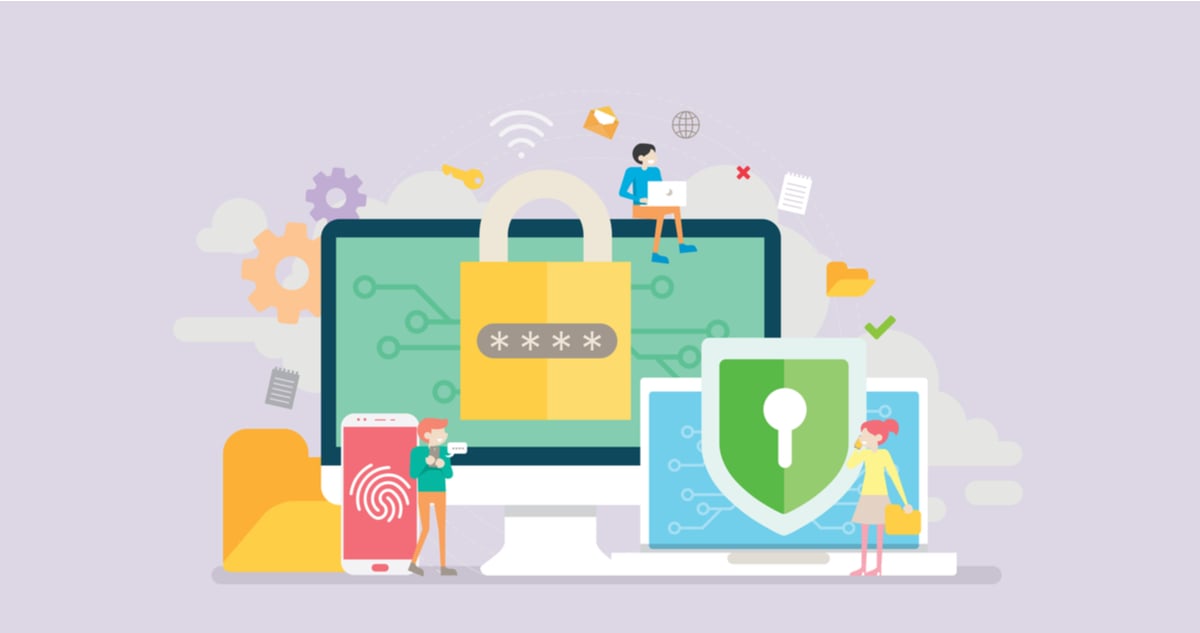Like many business functions, HR was on a steady path of digital transformation before the events of 2020.
Since then, the usual demands placed on Human Resources have ramped up as expectations around remote working have changed irreversibly.
To accommodate for higher remote working demands and the challenges that come with that, the tech requirements of HR departments have already begun to change and grow.
Read on to learn how HR departments are adopting and adapting different systems to meet the needs of the post-COVID world.
Increased time-tracking and performance monitoring
Managers have been faced with a difficult balancing act.
They have an increased duty of care for their remote employees and must ensure they don’t feel isolated from the wider team, without becoming so overbearing that they become a source of added stress, or risk micromanaging them.
Employees need to feel that their managers trust them when working remotely, but the need for clarity on their productivity and performance is also not to be ignored.
As a result, more employers (16% according to analysis from Gartner) are investing in project management systems, or tools that actively track performance and time working on their daily tasks.
By automating the processes of ‘clocking in and out’ of work, tracking project progress, and recording billable hours, many of these systems are helping HR departments prevent difficult conversations between managers and executives.
Providing a clear and objective picture of employee performance and attendance means there is far less risk of employees feeling actively micromanaged, and therefore of eroding trust between staff and middle management.
Checked out our guide to business communication?
Expanding support for employee wellbeing
Without the proper systems, processes and support networks in place, remote working can have a serious negative impact on the mental health and wellbeing of employees.
To account for this, HR departments are expanding their channels of communication and support and investing in tools that help employees to feel motivated, happy, and healthy.
As well as adopting workplace health and wellbeing apps to help employees manage stress – a trend which has reportedly risen by 156% in 2021 – more HR teams are investing in tools that build company culture and recreate in-office social dynamics for remote workers.
Slack has developed a whole catalogue of in-app integrations dedicated to ‘HR and team culture’, which provide numerous avenues of support for employees and their wellbeing.
Among them are tools like ‘Donut’, which aims to spark the typical ‘water cooler chats’ that would be had in a physical office, using random daily conversation prompts.
In a survey of over 400 remote workers, 70% of respondents stated that the missing social component of teamwork was their biggest frustration.
‘Virtual water cooler’ tools like Donut, unremot and Basecamp are helping teams to stay agile without compromising on camaraderie.
As well as giving employee morale a significant boost, these tools also help HR to onboard new remote employees, who can find it tough to settle in from a distance.
Tightening up “Bring Your Own Device” policies
As the name implies, a Bring Your Own Device (or BYOD) policy allows employees to accomplish their daily duties from their personal device of choice, rather than a company-owned one.
Long before the ‘new norm’ firmly cemented itself in the minds of employers, BYOD was delivering exceptional results.
Research conducted in 2016 suggested employees who used their own device saved their employer an average of 58 minutes each day, which in real terms represents a 34% boost in productivity.
But like many of the freedoms that come with remote working, BYOD presents serious problems if not implemented in the right way – data breaches, loss of business-critical assets, and noncompliance being just a few.
Some of the capabilities offered by cloud telephony solutions are giving HR departments a way to support more flexible and agile working patterns, without opening the wider business up to such grave risks.
Cloudya from NFON boasts smart integration that lets users connect to their employer’s communications network via a mobile app.
As long as they can connect to the internet, they can access all the features of their desk phone from the comfort of their personal mobile phone or other preferred device.
It also means that they can conduct business activity in the way they want, while still benefiting from enterprise-grade security measures – namely end-to-end encryption.
This means that businesses and their employees can enjoy the positive outcomes of BYOD, without any of the security concerns.
How remote working is changing HR tech requirements: key takeaways
With businesses now looking to permanently support hybrid patterns of working and allow employees more flexibility in their job role, there is an obvious added need for greater systems requirements.
But in addition to the technical demands of remote working, HR teams are investing in new tools and technologies that account for the emotional and social challenges that hybrid working patterns can create.
Time tracking and project management systems are supporting healthy relationships between remote teams and their managers, providing an objective picture of punctuality and performance without the need to micromanage.
Wellbeing apps are helping employees to manage stress and burnout, while tools that recreate ‘virtual water cooler’ dynamics can help remote workers maintain strong social bonds, helping them to stay happy, healthy and motivated.
Integrations from cloud telephony solutions can enable BYOD culture without the compliance and security risks, allowing users to connect to the company network as if they were in the office, from their own personal device at home.
Cloudya from NFON offers secure cross-device collaboration, seamless employee onboarding, and unified communications that reduce ‘app fatigue’.
Click here to find out more about what Cloudya can do for your remote team.

